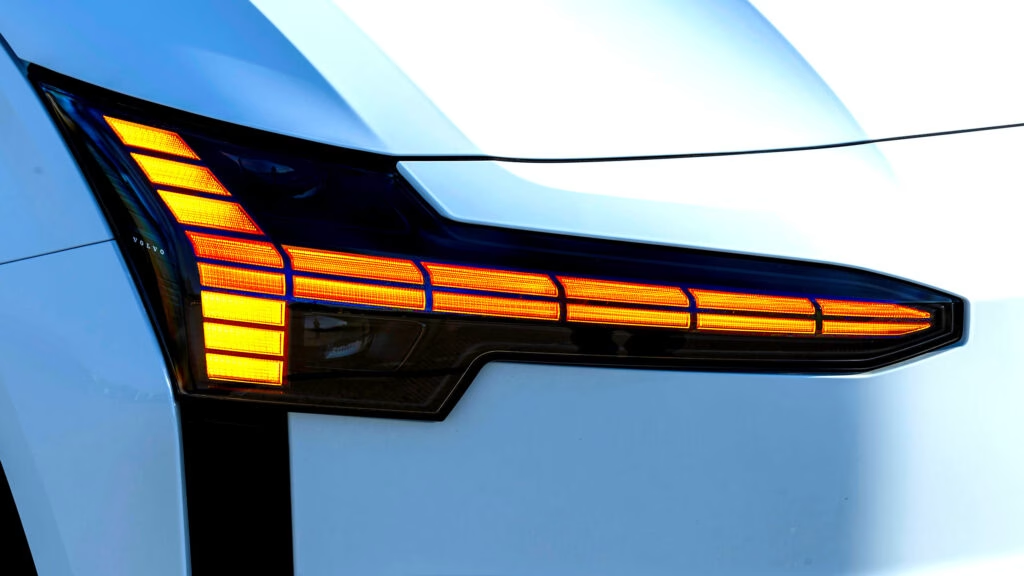Volvo’s EX30 SUV is making headlines, but not for the reasons the company hoped. After much anticipation, this electric vehicle (EV) is now facing a potential exit from the U.S. market before many buyers even have a chance to experience it. Let’s dive into the details and implications of this situation.
What’s the Tariff Situation?
Volvo’s CEO, Hakan Samuelsson, recently raised concerns about the impact of U.S. tariffs on European imports, specifically a proposed 50% tariff on cars coming from Europe. This hefty levy could make the EX30 too expensive to import, jeopardizing its availability in the U.S. market. Samuelsson emphasized that the burden of these tariffs would likely fall on consumers rather than the company itself, a stark contrast to President Trump’s assertion that tariffs would be absorbed by exporting companies.
The EX30, which is built in Belgium, was initially delayed in its U.S. debut due to production shifts from China. Now, with tariffs looming, Volvo is contemplating moving production of the EX30 (and possibly the XC60) to the U.S. to mitigate costs. This could be a strategic move to keep the EX30 accessible to American buyers, but it also raises questions about the feasibility and timing of such a transition.
Why Are Tariffs a Big Deal for Volvo?
Unlike luxury brands that can afford to pass on price increases to their affluent customers, Volvo operates in a more price-sensitive segment. Many of its buyers are looking for value, and a sudden spike in costs could deter potential customers. Samuelsson’s comments reflect a deep understanding of the market dynamics at play. If the EX30’s price climbs significantly due to tariffs, it risks losing its competitive edge in a crowded EV market.
The stakes are high. The EX30 is positioned as an affordable entry into the electric vehicle landscape, appealing to environmentally conscious consumers who may not have the budget for high-end models. If Volvo cannot maintain its pricing strategy, it could lose a critical opportunity to capture market share in the growing EV sector.
Is There Hope for a Resolution?
Despite the grim outlook, Samuelsson remains optimistic about a diplomatic resolution between the U.S. and Europe. He pointed to a recent deal that allowed British brands like Land Rover and Mini to avoid steep tariffs, suggesting that a similar arrangement could be possible for European automakers. The automotive industry is watching closely, as the outcome could significantly impact not just Volvo, but many manufacturers reliant on transatlantic trade.
The clock is ticking. With the tariff pause nearing its end, the urgency for a solution is palpable. If negotiations falter, the EX30’s American journey could be cut short, leaving eager buyers disappointed.
What’s Next for Volvo and Its Customers?
As the situation unfolds, consumers should stay informed about potential price changes and availability. If you’re considering the EX30, it might be wise to keep an eye on developments in the tariff discussions. The landscape is shifting rapidly, and what seems like a straightforward purchase could turn into a complex decision depending on how these tariffs play out.
The big takeaway? Navigating the complexities of international trade and tariffs isn’t just a corporate concern; it directly affects consumers. If you’re in the market for an EV, consider making your move sooner rather than later, as the situation is fluid and could change dramatically in the coming weeks.

